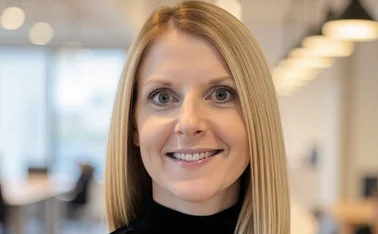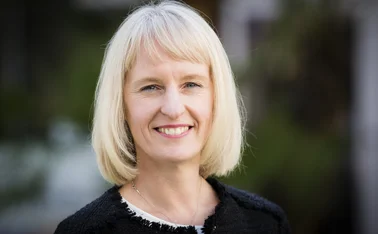
Broking success: When a scheme comes together
South Essex Insurance Broker’s deputy chairman Barry Fehler tells Emmanuel Kenning how he got into schemes and why they are getting harder to set up
▶ How did you start in insurance?
My first job was working for a Lloyd’s broker who paid for me to sit insurance exams. I had always wanted a Jaguar E-type and thought ‘the only way I am going to earn some good money is go off and start on my own’. It was a lot easier in those days to get insurance agencies so I started on my own working weekends and evenings. I realised I couldn’t do the two jobs so I moved to an industrial life office which gave me a lot of flexibility. I was able then to build up the broking business. I was living at home and my poor old parents put up with me using the front room. The final day came when I got a floor to ceiling filing cabinet. My parents announced at that point that they were moving to the New Forest.
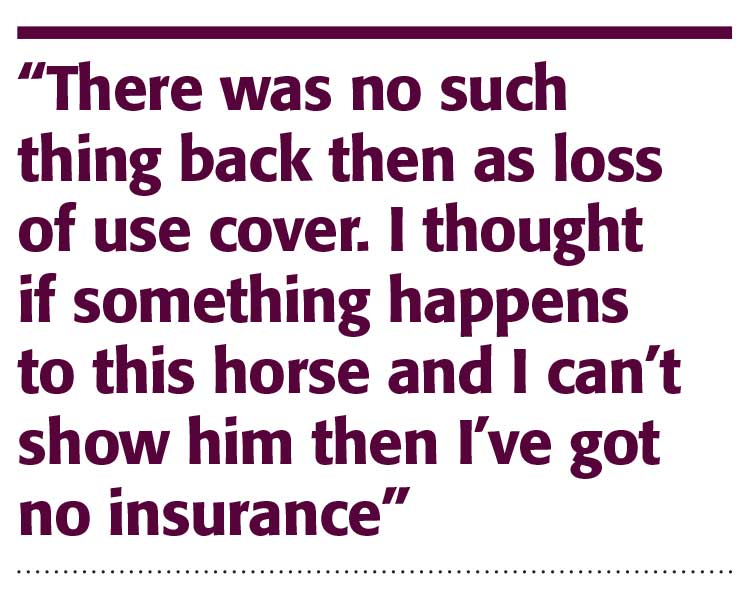 ▶ Once you focused exclusively on broking, where did the interest in schemes business come from?
▶ Once you focused exclusively on broking, where did the interest in schemes business come from?
My wife was interested in horses and that is where it started. I had bought a quite expensive horse called Princes St, a show hunter. There was no such thing back then as loss of use cover. I thought ‘if something happens to this horse and I can’t show him then I’ve got no insurance’. I put together a wording for loss of use and went around the market until somebody – Equine and Livestock, but under different ownership then – underwrote it. The chaps running it were John Sherren and Brian Sutton.
▶ How did you seal the deal?
It was at the City Barge pub at Chiswick. We sat outside and agreed some rates. He said to me: “I suppose dear boy you want this in writing?” I said: “That would be a good idea John.” He didn’t have anything to write on so he got out his packet of fags, opened it up, wrote the rates and signed it. Then we shook hands. There was no loss by theft of straying so we brought that in. There was only £50 of vet fees cover that you could get so we bumped that up to £1,000. We grew quite rapidly once we had that scheme. Like a lot of stories with schemes, necessity was the mother of invention.
▶ When did schemes tip over 50% of your business?
It was when we did funeral directors. We bought a small brokerage in London. It didn’t cost very much and hadn’t got many clients. Among their policyholders was the office of the National Association of Funeral Directors. I went to see the Treasurer and the Secretary who was a Mr Heaven. We put it to them that there was no scheme for funeral directors or premises. We went to see our friend at what was then the Royal. We started with vehicles and had a blank sheet of paper. In those days you’d sit down with proper underwriters but we didn’t really know where to price this thing from. Looking back we weren’t that far out. That is where the business took off in the late 1970s.
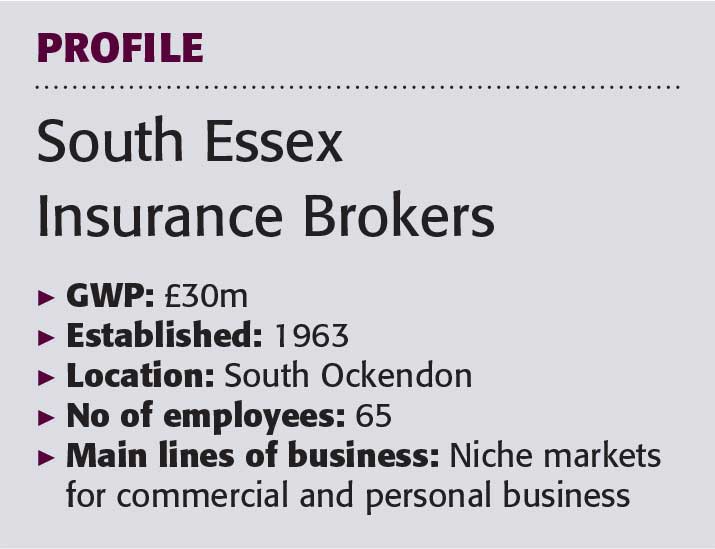 ▶ How did you develop your schemes offering?
▶ How did you develop your schemes offering?
We had another issue when I had a horsebox and went to insure it. In those days the only policy you could have for a private horsebox was an ordinary commercial vehicle which was rated on a combination of area [within the country] and its gross weight. I thought ‘this is madness – there has got to be a better way to do this’. It was the Eighties by then and I went to an old friend and said ‘there are a lot of vehicles around that are not rated properly’. So we did it by the number of horses carried and the value. That account grew because we had very little competition. We had the horseboxes and the horses so we could move on to riding schools, livery yards and events.
▶ What are the challenges of setting up new schemes now?
We are 80% schemes now among nine or 10 schemes, but it is much more difficult now. The guys who were real underwriters, had some sort of vision and weren’t restricted by regulators and compliance. To a large degree, I think, they did it by the seat of their pants. They did it pretty well by and large. We find it extremely difficult now to interest underwriters in something really new. I remember one underwriter telling me ‘nobody else is doing it so we don’t want to be the first’. But over the years it has always been the first few years that we have made most money for our underwriters.
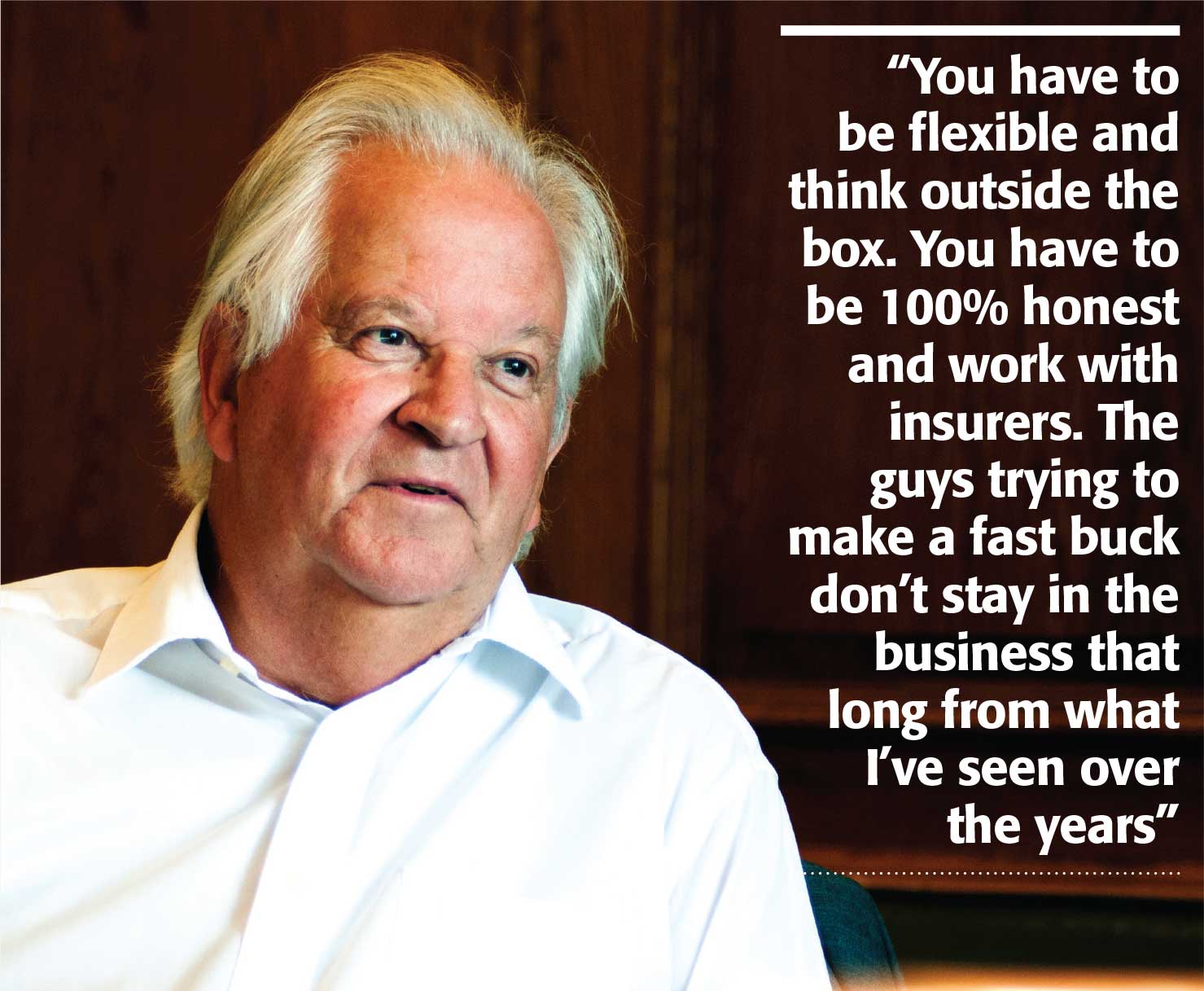
▶ What came next?
We moved next into chauffeur vehicles. We just hit it at the right time around the 1991/2 recession. Another idea came to us about 15 years ago. My father-in-law had a car and was only doing 10 miles a week if that. I kept saying ‘you need to get rid of the car and use a taxi’. We started looking at rural taxis and noted the trend that bus services were getting cut back, running cars was getting too expensive and small taxi firms were mushrooming. There was a big boom in rural taxis and we wrote a scheme.
▶ What else has developed the broker?
Delegated authority came along and we got the systems very slick. A customer could call up, we could quote and, if they said yes, go straight on cover. Everything came off the computer system for them. We have stayed with Open GI over the years. It is a good system and we now have six IT people who spend their time extracting all the information. I get good management information and can sit at my desk and see exactly what is happening. What is selling, what is not selling, what we are quoting on. MI is very important to us.
▶ What is your role now?
I think the biggest barrier in business is letting go. When you are starting up a business you think you are the only one who can do everything and you are reluctant to let someone else go and see a major client or work on something. About 10 years ago I made the decision that I couldn’t really see clients any more on a regular basis. You then go through the process of introducing other people. That letting go means that at the end of the day you can stand back, run the company and see what is happening.
▶ What is it like being 100% owned by Ecclesiastical?
They have been very good at leaving me alone to run the business. We put into our sale and purchase that where business was placed is at our sole discretion at SEIB and they have never put pressure on us. We still operate completely independently. I’m not sorry I sold.
▶ What is next for SEIB?
We have bought Lansdown Insurance Brokers in Cheltenham. It is a company that is a good fit for us. They are not in the same type of business and have no competing schemes but they are very well established and very ethical. We are refining the schemes that we have got to reform the footprint.
▶ What has been at the root of your success?
You have to be flexible and think outside the box. You have to be 100% honest and work with insurers. The guys trying to make a fast buck don’t stay in the business that long from what I’ve seen over the years. If you are going to leave an underwriter, leave on good terms. It is still very much a people business and you forget that at your peril.
Only users who have a paid subscription or are part of a corporate subscription are able to print or copy content.
To access these options, along with all other subscription benefits, please contact info@insuranceage.co.uk or view our subscription options here: https://subscriptions.insuranceage.co.uk/subscribe
You are currently unable to print this content. Please contact info@insuranceage.co.uk to find out more.
You are currently unable to copy this content. Please contact info@insuranceage.co.uk to find out more.
Copyright Infopro Digital Limited. All rights reserved.
As outlined in our terms and conditions, https://www.infopro-digital.com/terms-and-conditions/subscriptions/ (point 2.4), printing is limited to a single copy.
If you would like to purchase additional rights please email info@insuranceage.co.uk
Copyright Infopro Digital Limited. All rights reserved.
You may share this content using our article tools. As outlined in our terms and conditions, https://www.infopro-digital.com/terms-and-conditions/subscriptions/ (clause 2.4), an Authorised User may only make one copy of the materials for their own personal use. You must also comply with the restrictions in clause 2.5.
If you would like to purchase additional rights please email info@insuranceage.co.uk

